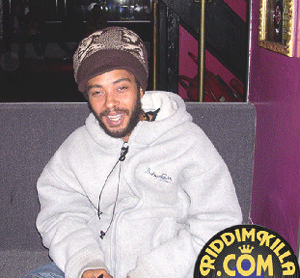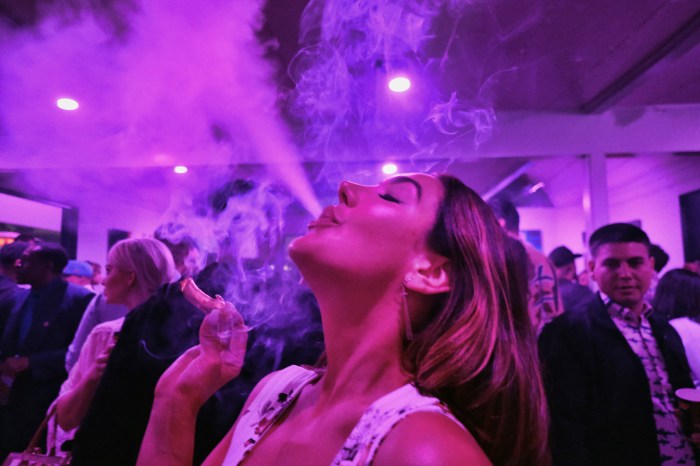Murder in French Antilles underscores rising homophobia
If you’re thinking of evading the coming winter with a trip to the sun-drenched, white sands of Martinique or Guadeloupe—two destinations whose nude beaches attract unsuspecting gay tourists—think again. The opening last week of a murder trial in Martinique underscores a rising climate of homophobia in the French Antilles, the Caribbean islands that are overseas departments of France.
The stabbing death of a young Martinique man after he was called a “pédé” (faggot) by his 21-year-old alleged murderer is more evidence of “a climate of homophobic violence that is eating away at Martinique,” says An Nou Allé, the gay and lesbian association of the French Antilles. (The name of the group means “Let’s Go” in Creole.)
That climate was reinforced both by the jocular treatment of this murder in the local press and by statements from the prosecutor during the trial that justified a recourse to violence.
In covering the murder, the newspaper France Antilles—the dominant daily in Martinique—repeatedly labeled the murderer’s anti-gay epithets “jests” and “jokes.” Moreover, the prosecutor, in presenting the case against the alleged assassin, said that “this was an affair that should have gone no further than a fist-fight.”
The response of An Nou Allé was an open letter to the newspaper asking, “Would [the newspaper] France Antilles have treated this subject so lightly and with such disdain if the insult had been about skin color? Why call a homophobic insult a ‘joke?’ It‘s really the homophobe whom we must ask, ‘Why does he think that insulting someone is normal and funny?’ when his insults led to a lethal brawl.”
And the gay association went on to criticize the prosecutor for “justifying homophobic violence.”
“The justice system, the press, our youth—against this omnipresent homophobia that leaves its mark on all parts of Martinique society, we say, ansam, an nou lite!” or “Let us fight together” in Creole, the gay association concluded.
Last winter, a wave of homophobic aggressions, often including theft, hit the nude beaches of Anse Tarare and Anse Saline in Guadeloupe that are frequented by both gay tourists and indigenous gays. In a number of incidents in which homophobic epithets were used by the aggressors, gays—especially couples—using these beaches were threatened by anti-gay thugs with machetes, sawed-off shotguns, and knives. That’s why, reports the French gay magazine Tetu, gays on the islands “increasingly take the precaution of coming to the beaches in groups, or leaving before sundown.”
An Nou Allé has denounced the local police for refusing to act on several complaints from gays who have been attacked and threatened by homophobes.
Local political leaders in the French Antilles have engaged in anti-gay demagogy that contributes to the climate in which anti-gay violence festers. For example, this past July, the head of the French Socialist Party in Martinique denounced the French civil unions law, the PACS, as “the product of a decadent society,” while comparing homosexuality to incest, and the leader of the Socialists in Guadeloupe evoked “Guadeloupian tradition” and “Judeo-Christian society” in opposing same-sex marriage and adoption by gay couples. The Socialists control the regional council that governs both islands.
A music festival this summer sponsored by the city of Fort-de-France, the capital of Martinique, featured homophobic reggae artists D. Pleen, Straika, and Lieutenant—despite protests against municipal sponsorship of them by the gay association—who sang songs at the festival with lyrics like, “Off the faggots,” “Burn the faggots,” and “There’s nothing to be gotten from Europe, they only have homos there.” Homophobic insults and incitements to violence of this kind are illegal under French law.
An Nou Allé has also denounced the “latent homophobia” of the local government’s official tourism authority, which has refused to do anything to counter homophobia in businesses catering to the tourist trade, which is a key part of the islands’ economy. For example, gay couples have been insulted and refused service when asking local hotels for a double bed, or walking into restaurants holding hands. The gay association contrasts the French Antilles tourist authority’s conduct with that of officialdom on the island of Réunion, another French overseas department, which has signed on to a “Gay-Friendly Charter of Conduct” and actively sought the gay tourist trade by participating in the annual French gay business expo, Rainbow Attitude.
So, if you’re gay and planning a winter get-away, you might want to reflect carefully on all this before buying tickets to Martinique and Guadeloupe.
Doug Ireland can be reached through his blog, DIRELAND, at http://direland.typepad.com/direland/.
gaycitynews.com


































